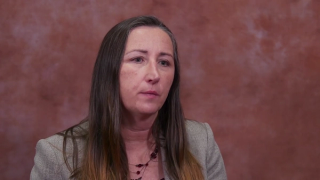
Pediatric Cancers
Latest News
Latest Videos

CME Content
More News

The EMA’s CHMP has adopted a positive opinion for mirdametinib in patients with inoperable plexiform neurofibromas of neurofibromatosis type 1.

The B7-H3 CAR T-cell therapy showed positive survival results for younger patients with diffuse intrinsic pontine glioma in a phase 1 trial.

Clinical trial access alone appears to be insufficient in overcoming the worse survival outcomes observed in Black and Hispanic pediatric populations.

Prophylactic defibrotide conferred more ICU admissions and higher mortality among high-risk pediatric patients who underwent prior HSCT.

Data from the phase 3 MSB-GVHD001 trial support the FDA approval of remestemcel-L in pediatric SR-aGVHD.
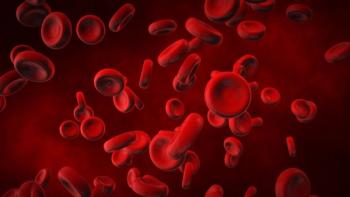
The expanded approval of methotrexate may offer a convenient alternative to pediatric patients who have difficulty swallowing pills.

Investigators previously assessed treatment with opaganib in patients with advanced cholangiocarcinoma and prostate cancer.

Results from the phase 2 AGAVE-201 trial of axatilimab for patients with relapsed/refractory chronic GVHD support the FDA approval.
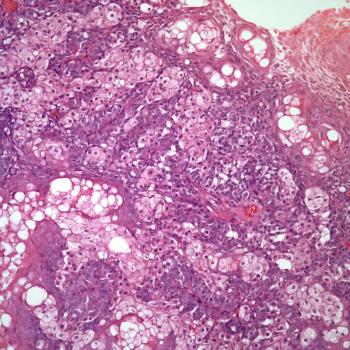
Phase 1 data may support the potential activity and safety of VCN-01 among pediatric patients with refractory retinoblastoma.

The agency has set a Prescription Drug User Fee Act date of January 7, 2025, for its decision on approving remestemcel-L in this patient population.

Upon acceptance, the FDA will review the resubmitted application between 2 and 6 months for remestemcel-L in pediatric patients.

The FDA approval of the single-agent, oral pan-RAF inhibitor tovorafenib is based on efficacy results from the phase 2 FIREFLY-1 trial.

Findings from an open-label trial support the FDA approval of inotuzumab ozogamicin as a treatment for pediatric patients with relapsed/refractory acute lymphoblastic leukemia.
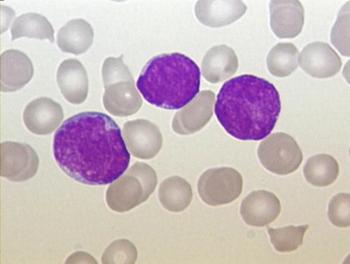
Administering pegylated asparaginase continuously to pediatric patients with acute lymphoblastic leukemia appears to be safe without compromising the efficacy of treatment.

FDA initiatives such as the Food and Drug Omnibus Reform Act will set goals and specify measures for improving representation in pediatric cancer clinical studies.

Investigators report that prediabetes may prove to be a target for intervention to decrease morbidity and mortality in survivors of pediatric cancer.

Eflornithine, which was approved in adult and pediatric patients with high-risk neuroblastoma, was assessed in an externally controlled trial comparing results from Study 3b and Study ANBL0032.

Patients who are under the age of 17 with invasive mucormycosis or invasive aspergillosis, which is an AE of leukemia, can now receive isavuconazonium sulfate following FDA approval

The FDA has set a Prescription Drug User Fee Act date of April 30, 2024 for tovorafenib as a treatment for pediatric patients with relapsed or progressive low-grade glioma.

Based on findings from the phase 1/2 BCHILD trial, the FDA approved bosutinib for pediatric chronic myelogenous leukemia.

Findings from a cross-sectional study support monitoring puberal development to estimate probabilities of future fertility among male childhood cancer survivors.

Increasing radiation doses to the whole heart appear to correlate with higher risks of valvular disease, coronary artery disease, and heart failure in childhood cancer survivors.

Investigators of a prospective study of 1253 patients find that outcomes with the experimental homoharringtonine-based regimen either meet or exceed those with a classic etoposide-based regimen.
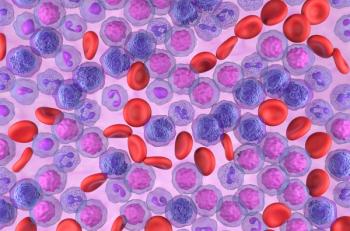
Investigators will work with the FDA to assess the root cause of a grade 5 serious adverse effect in phase 2 PLAT-08 trial evaluating SC-DARIC33 in pediatric acute myeloid leukemia.

Data from a phase 2 trial support a supplemental new drug application for isavuconazonium sulfate as a treatment for pediatric patients with invasive aspergillosis or invasive mucormycosis.










